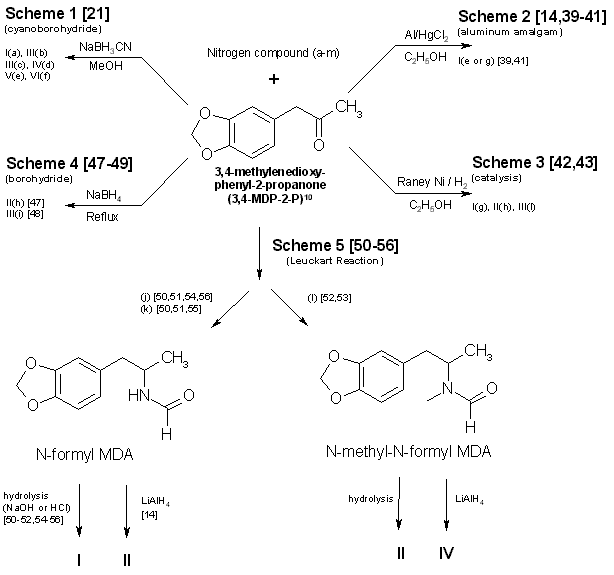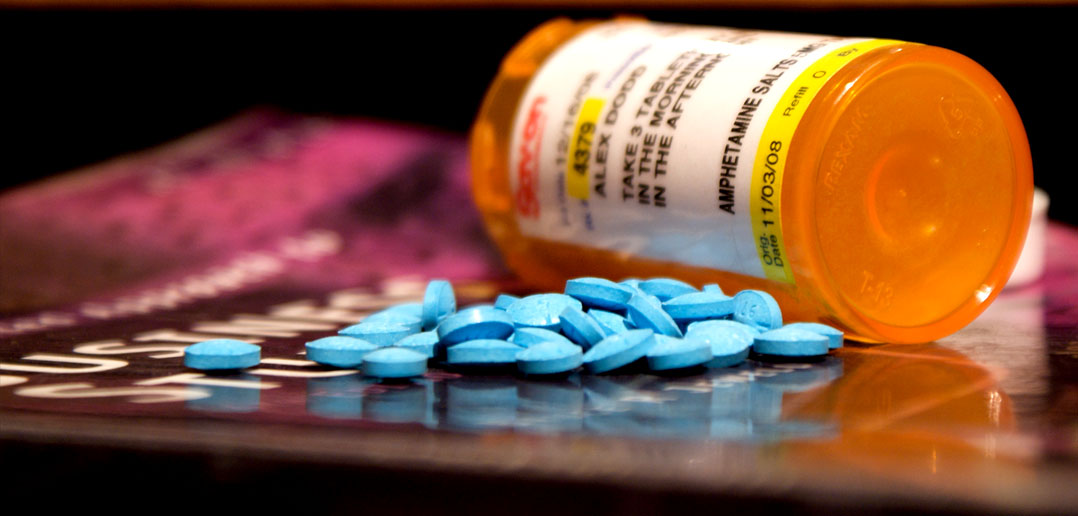
Anxiety, irritability and behavioral problems.What are the side effects of amphetamines? If you feel that you are dependent on amphetamines or your prescribed dosage isn’t helping you manage your symptoms, do not take more than your recommended dosage and talk with your healthcare provider immediately. Schedule a time each day to take your amphetamines and stick to that schedule. Depending on what type and the dosage of the prescribed amphetamine, take extended-release capsules once daily and immediate-release tablets and oral solutions up to three times per day. You should take FDA-approved amphetamines orally (by mouth) as directed by your healthcare provider.Īlways follow your healthcare provider’s instructions when taking amphetamines. What forms do amphetamines come in?įDA-approved amphetamines come in different forms including: The maximum dosage for an adult is 60 mg daily. The average amphetamine dosage is 5 to 40 milligrams (mg), one to three times per day, divided at four to six-hour intervals. What dosage strengths does amphetamine come in?ĭosage for amphetamines ranges based on brand and reason for taking the drug. Talk to your healthcare provider if you become dependent on any drug you are taking. Increases attention and focus, improves energyĬreates temporary euphoria increases aggression, anxiety and paranoiaĬomes in a rock or powder form and can be smoked, snorted or injectedīoth amphetamines and methamphetamines are addictive. Prescribed to treat ADHD and other conditions Often produced illegally and not approved by the FDA What is the difference between amphetamine and methamphetamine?īoth amphetamine and methamphetamine are stimulant drugs that have different effects on your body based on the chemicals that make up each drug. *Methamphetamine hydrochloride (Desoxyn ®) is legally prescribed but rarely given as a treatment due to dangerous side effects. There are different types of amphetamines including: Research shows that people with ADHD had a lower rate of substance use disorder if they were medically treated versus not receiving treatment. There is no evidence that amphetamines given to children diagnosed with ADHD cause addiction or drug abuse, but there is a potential for addiction or abuse if the person taking the stimulant has a history of substance abuse. Amphetamines create a calming effect for children diagnosed with ADHD by targeting the chemicals in their brain that transmit signals between nerves in the central nervous system.Īmphetamines have shown improvement in children diagnosed with ADHD by:

Yes, your healthcare provider might offer low-dose amphetamines to treat attention deficit hyperactivity disorder (ADHD) in your child, like Adderall ® or Ritalin ®. Food and Drug Administration approved certain amphetamines to manage and treat ADHD, obesity and narcolepsy, specifically dextroamphetamine and levoamphetamine.

What are the brand names of amphetamines?Ĭommon brand names for amphetamines include:
#Amphetamine example how to
Stimulants increase the activity of your central nervous system or the part of your brain that sends messages to nerves to tell them how to complete their jobs. When you take an amphetamine, neurotransmitters put your cells on speed dial to send messages quickly. Amphetamines make your central nervous system (the hard drive to your brain and spinal cord) work faster by increasing the number of neurotransmitters, specifically:

Neurotransmitters send messages between cells in your body to tell the cells how to do their job.

Providers may also use amphetamines to treat obesity, though this is less common. Healthcare providers may prescribe amphetamines to people with ADHD or narcolepsy. Amphetamines are stimulant drugs that speed up how your body functions.


 0 kommentar(er)
0 kommentar(er)
